Last night Coder Foundry's Director of Education, Antonio Raynor and co-founder, Bobby Davis spoke to over 100 developers at the Triangle .NET User Group.
They showed the gathered audience how to use the skills they already have to make a smart conference room, powered by Microsoft's Cortana and controlled by voice commands.
Antonio and Bobby taught a workshop for a bleeding-edge technology both of them had only learned two weeks beforehand.
How did they adopt new tech so quickly?
And how can you do the same?
What will developers of the future be called to do?
Keeping your skills sharp and staying current is a concern for every software developer.
Unfortunately, it's not an issue most Computer Science college programs, or coding bootcamp curriculums properly address.
Every coding bootcamp teaches you how to build web applications. But what type of work will you be called to perform 5 years from now?
Consider this:
- Mobile applications are dominating.
- The Internet of Things is heating up.
- Voice is becoming the new default user interface.
- Chat Bots are taking over the world.
- VR and AR are becoming mainstream.
- And gaming is the new movie industry.
The pace of innovation in our world is speeding up, not slowing down. Software developers will be tasked with being proficient in multiple domains.
So, how can you build a foundation that prepares you for the future?
First, choose the right programming stack.
We teach the .NET stack, which was created by Microsoft, the largest employer of developers in the world.
Microsoft spent $2 billion putting .NET and C# into the hands of developers, which is why the framework is popular today.
But now Microsoft has a renewed focus on ensuring .NET Developers remain relevant into the future. That's good news for all C# developers who want to remain in-demand in the employment marketplace.
Below is a list of emerging technologies and the C# compatible tools you can use to master these domains:
- Mobile, Desktop - Xamarin
- Voice, IoT - Cortana
- Bots - Bot Framework
- Gaming, AR, VR - Unity
If you learn C# and .NET you have a head start to anywhere the software industry is going.
However, If you learn Ruby, Python, PHP, or backend-Javascript first, we can guarantee C# will be your second language, sometime in the near future.
Want to learn more about what we teach and how? Request our course syllabus:

